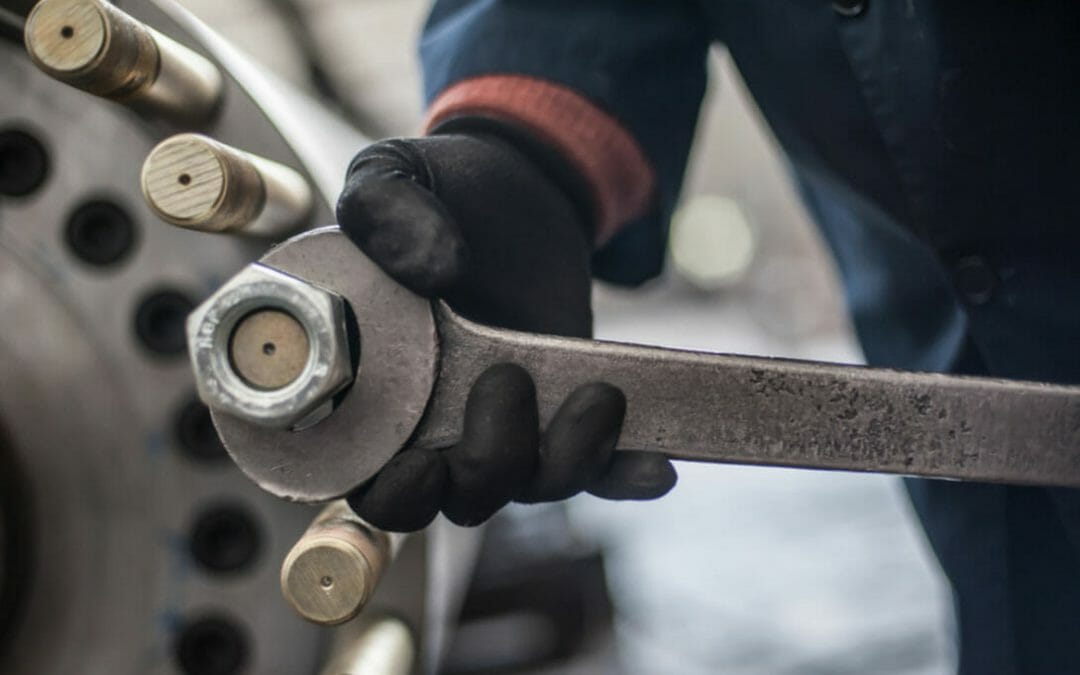Shutting down an industrial plant for maintenance is one of the most impactful services in the routine operation of a plant. From a broad perspective, a shutdown may seem like a simple process; however, many factors are often overlooked. Improper shutdown maintenance can cause severe issues in production and create a hazardous work environment for the employees. Read on to learn more about proper industrial plant shutdown maintenance.
What Could Go Wrong?
Performing a shutdown poorly will have a negative impact on your plant and your employees. When a shutdown lasts too long, it could exceed the budget you have in place and causes you to lose money for each day the operation is on hold. Unfortunately, by the time you realize that the shutdown is not going according to the schedule, it’ll be too late to take any action. Poor plant maintenance can also heavily affect your employees and workers. If the system inspection is done in a hurry or routine maintenance of systems and equipment is carried out in a rush, you risk the safety of everyone within the plant. It is essential to have a detailed plan in place for your annual maintenance to ensure that all the necessary repairs will occur.
Any worn or faulty equipment must be taken care of during the shutdown as you may not be able to do so while the plant is in full operation. Properly executed shutdowns will significantly improve your plant’s efficiency and productivity while maintaining your employees’ safety.
Different Types of Shutdowns
Generally, all shutdowns happen at a time when production stops within the industrial plant. All tasks within the day-to-day operation are put on hold, and the focus of the day is shifted to maintenance-related tasks, including inspecting, cleaning and repairing equipment. That said, different types of shutdowns depend on the type of maintenance your plant needs:
- Planned Shutdowns:
Planned shutdowns or annual shutdowns are scheduled well in advance. Typically, every industrial plant requires at least one maintenance shutdown a year to allow for proper machine maintenance and repairs. An industrial construction solutions company will send a team to thoroughly inspect the plant and create a detailed list of tasks to complete during the scheduled time. Planning the shutdown will give you time to financially and operationally prepare for the days when operation is halted.
- Partial Shutdowns:
Partial shutdowns are another option for industrial plants that do not require shutting down operations entirely. This usually allows part of the plant to remain operational in a certain capacity while necessary maintenance and repairs occur.
- Emergency Shutdowns:
Unfortunately, there come times when operation is halted immediately. This happens when there is a critical condition, such as equipment failure, that could cause explosions, leaks or other types of major malfunctions. All industrial plants have protocols in place that allow for emergency shutdowns to happen quickly and effectively to reduce the risk of accidents.
Preparation is essential with all different types of industrial plant shutdowns. Hiring an experienced and highly organized construction solutions provider to run your plant shutdown project will help reduce expenses, production loss and risk of accidents.
Phoenix Industrial Group Of Companies
For over 25 years, Phoenix Industrial Group of Companies has helped many industrial clients across Western Canada to efficiently and effectively shutdown their plants. Our industry-leading project management programs have allowed us to deliver sustainable solutions that increase productivity and ensure safety. Contact us today to learn more about industrial construction services.
Ready to Get Started?
Learn more about Phoenix’s complete range of services for the renewable energy sector.



Recent Comments